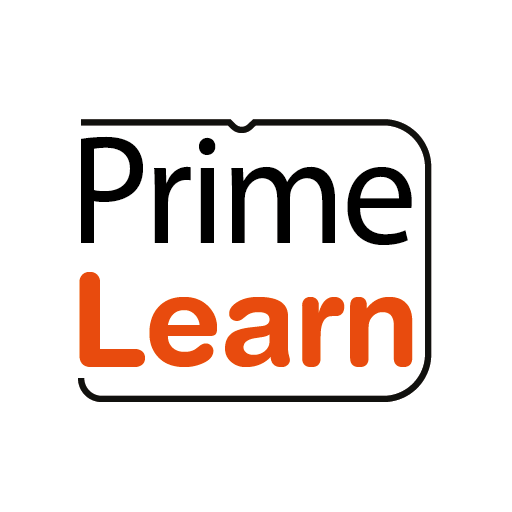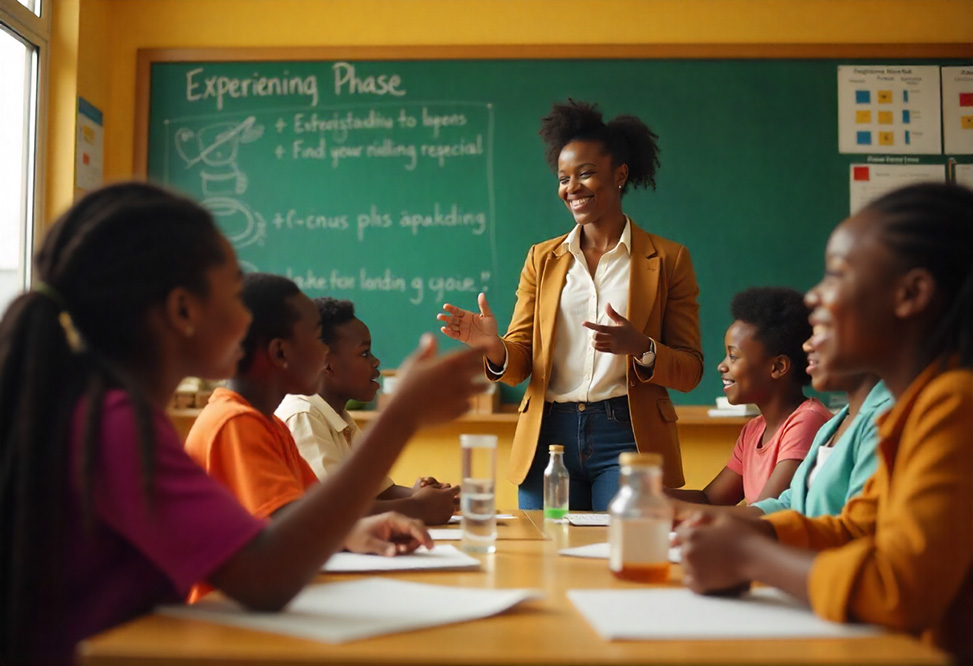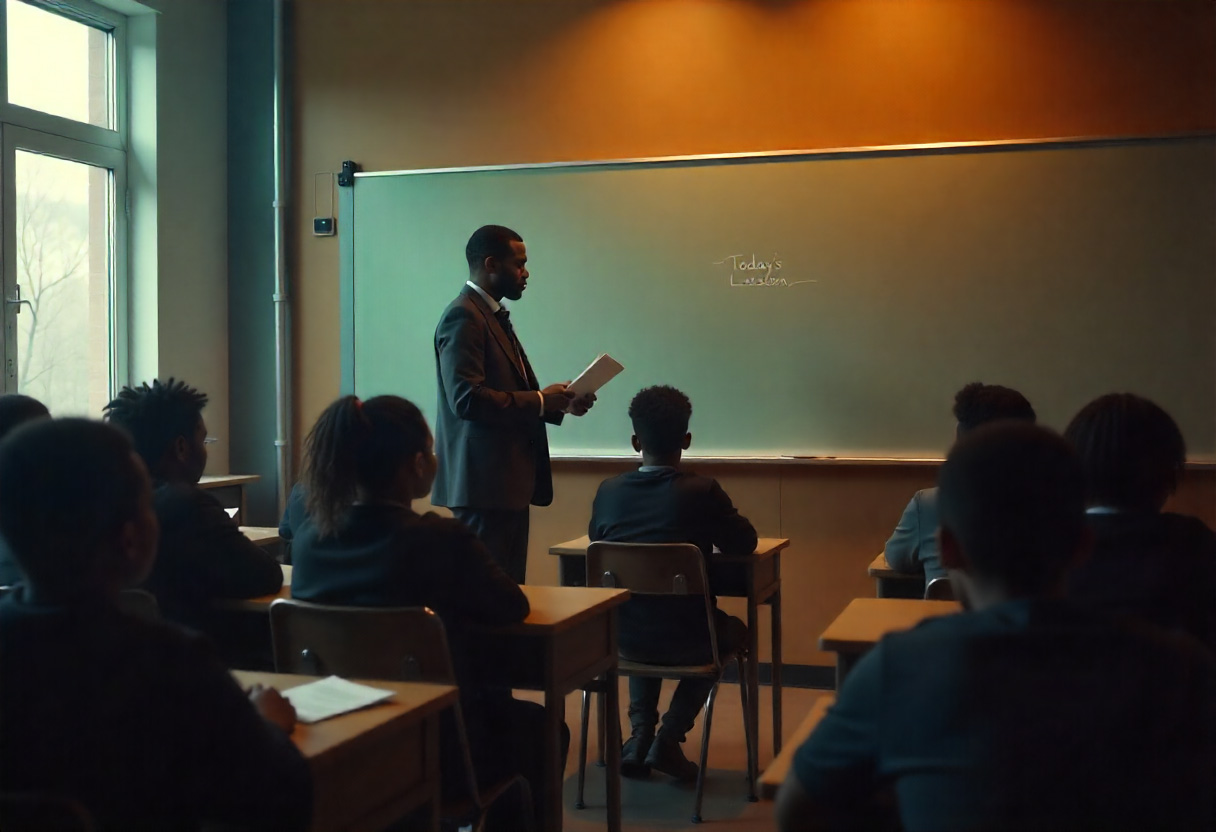Every teacher dreams of seeing their learners understand, master, and apply what they are taught. This dream, however, largely depends on how well the experiencing phase of a lesson is handled.
A lesson plan, being a performance tool that guides a teacher during instruction, requires proper interpretation and implementation of all its phases to yield excellent teaching.
All phases are important, but depending on the gist in each, the experiencing phase has the biggest circle of influence, and if well implemented, it results in excellent performance.
To attain excellence, a teacher is expected to do the following in the experiencing phase. Deliver the prepared content in a systematic manner, apply the methods and learning aids, and ensure understanding, mastery, conceptualization, and application of the prepared content, knowledge, and skills by the individual learner.
The teacher also ensures the correct pronunciation, reading, writing, and spelling of new words in the prepared content. Depending on the content, teachers should train technical skills like experimentation, critical observation, and accuracy.
In the same phase, the teacher is expected to develop life skills and values in the individual learner. The teacher should also make learners understand the relevancy of learning the given concepts.
In addition, the teacher is expected to foster total learner-centeredness during the process to enable effective learning. Furthermore, the teacher is also expected to facilitate the learning process for better learning.
Learners should be given summarized notes about the content. Learners’ activities should be given which cater to the three domains. Simple evaluation is made by the teacher during the instruction through sample marking of the lesson activities and oral questions.
In general, the learner experiences the learning through the teacher’s creativity. Therefore, if the experiencing phase is well implemented, the instruction is said to be of quality.









0 Comments:
Leave a Comment